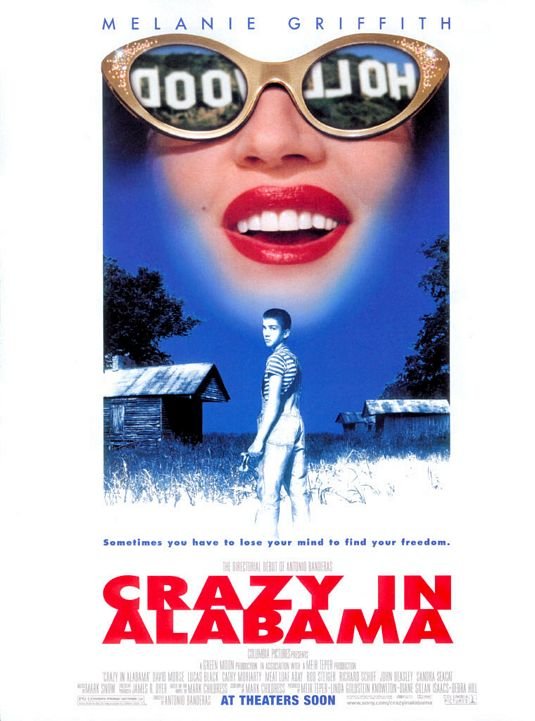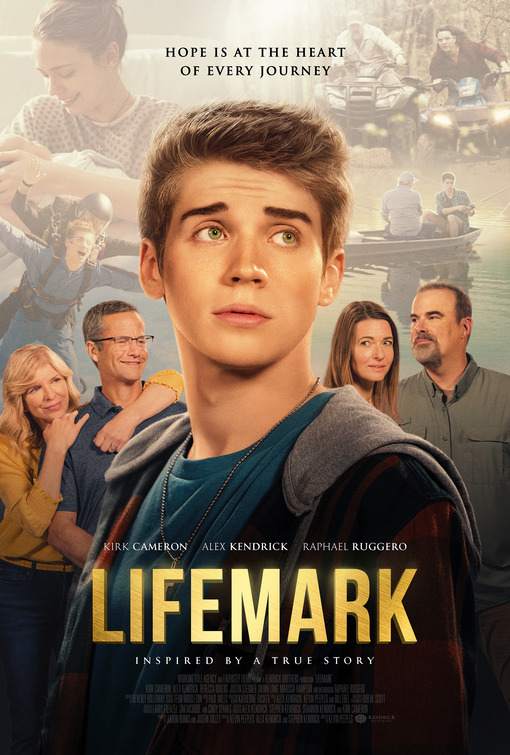| None | Light | Moderate | Heavy | |
|---|---|---|---|---|
| Language | ||||
| Violence | ||||
| Sex | ||||
| Nudity |
What You Need To Know:
Content:
Largely moral worldview of Christian African-Americans looking for civil rights in the South with a pagan, murderous main character, some political correctness, & a few slight jabs at Christianity; 9 obscenities, 11 profanities & a few racial slurs; implied murder by poisoning, boy hit in the eye with a rock, riot, police brutality on peaceful demonstrators, sheriff pulls boy off fence resulting in boy's death, & beating; no sex but some heavy kissing; upper male nudity & a few cleavage images; alcohol use; smoking; and, grisly idea of woman carrying her husband's severed head around in a hat box, a few images of corpses, lying, dazed woman crashes through window.
More Detail:
Recently, a few Asian directors have taken their skills to crafting stories of the American experience successfully. Ang Lee did it with THE ICE STORM and Wayne Wang has done it with the recent ANYWHERE BUT HERE. Now, Spanish actor Antonio Banderas directs two stories about characters from the American South, set in the 1960s. In one story, an abused woman is put on trial for killing her husband. In the other story, the woman’s nephew gets involved in the struggle for racial equality. The first story fails miserably, while the second one ranks as solid craft containing touching Christian endurance.
The miserable story of the two tells the tale of Lucille, played by the real-life wife of Banderas, Melanie Griffith. Lucille is an abused woman who kills her husband with rat poison, cuts off his head, carts his head around in a hat box, and runs off to Hollywood to be in the television program BEWITCHED. (Thankfully, the movie doesn’t depict her violence.) The grisly nature of her deeds punctuates the silly convention used in the film where Lucille imagines the voice of her deceased husband speaking to her, continuously mocking her and barking orders.
The more promising and moving of the two tales involves Lucille’s nephew, Peejoe, played by Lucas Black, who moves in with her brother, Dove (David Morse). Uncle Dove runs a funeral home in a small Alabama town. One day when Peejoe goes to a public pool, he notices a few black kids there who want to swim. The law of the day states that blacks are not allowed. When a black youth tries to flee, he is pulled off a fence by the sheriff (Meat Loaf Aday). The boy falls to his death, resulting in accusations, a pictorial spread in LOOK magazine and a trial.
The two stories finally converge when the California police pick up Lucille, and she is brought home to face the judge and jury for the murder of her husband. An awkward court case examines the nature of freedom, where a politically correct attempt is made to parallel Lucille’s sinful act with the black youth’s struggle for equality.
If Banderas focused solely on the story of racial segregation, including a scene of Martin Luther King delivering a powerful speech, Christian prayers and hymn singing, the movie would have been much more focused and powerful. As it is, that segment rates a solid three stars, although the Christian faith is slightly mocked by a minor character. Griffith, however, is silly and not very convincing as an abused wife. She never captures the audience’s sympathy. The voice of her husband talking to her is downright dumb, and her Hollywood schmoozing scenes add little to the movie. This segment with her receives one star. Averaged out, the movie deserves its two-star rating.
The 1960’s civil rights movement remains fertile dramatic territory for cinematic exploration, but it’s time for Hollywood to stop stereotyping southerners, especially the image of the local southern sheriff. The presence of actor John Beasley (the black preacher in THE APOSTLE) as a wronged father adds gravity and seriousness to CRAZY IN ALABAMA. Likewise, other actors from southern movies like Lucas Black from SLING BLADE add authenticity. Yet, the uneven storytelling, uneven direction and frequent inclusions of odd characters with unmotivated behaviors ruins an otherwise commendable tale of equality and freedom.
The blending of comedy and drama is a very difficult line to walk. It is clearly a job too difficult for first-time director Banderas. People may be led to believe that it is Griffith who is CRAZY IN ALABAMA. Actually, she and the events around the civil rights movement are crazy, but for different reasons. All of this spells trouble for CRAZY IN ALABAMA in American theaters.
Now more than ever we’re bombarded by darkness in media, movies, and TV. Movieguide® has fought back for almost 40 years, working within Hollywood to propel uplifting and positive content. We’re proud to say we’ve collaborated with some of the top industry players to influence and redeem entertainment for Jesus. Still, the most influential person in Hollywood is you. The viewer.
What you listen to, watch, and read has power. Movieguide® wants to give you the resources to empower the good and the beautiful. But we can’t do it alone. We need your support.
You can make a difference with as little as $7. It takes only a moment. If you can, consider supporting our ministry with a monthly gift. Thank you.
Movieguide® is a 501c3 and all donations are tax deductible.

Now more than ever we’re bombarded by darkness in media, movies, and TV. Movieguide® has fought back for almost 40 years, working within Hollywood to propel uplifting and positive content. We’re proud to say we’ve collaborated with some of the top industry players to influence and redeem entertainment for Jesus. Still, the most influential person in Hollywood is you. The viewer.
What you listen to, watch, and read has power. Movieguide® wants to give you the resources to empower the good and the beautiful. But we can’t do it alone. We need your support.
You can make a difference with as little as $7. It takes only a moment. If you can, consider supporting our ministry with a monthly gift. Thank you.
Movieguide® is a 501c3 and all donations are tax deductible.




 - Content:
- Content: 






